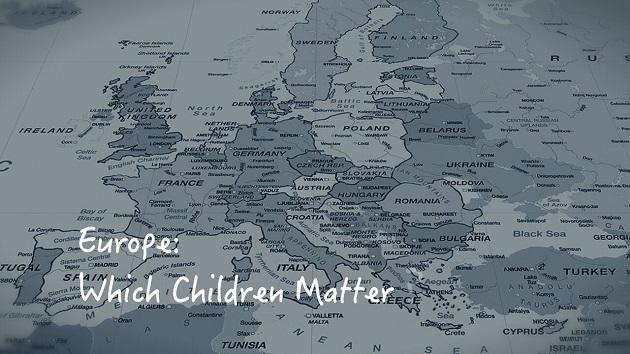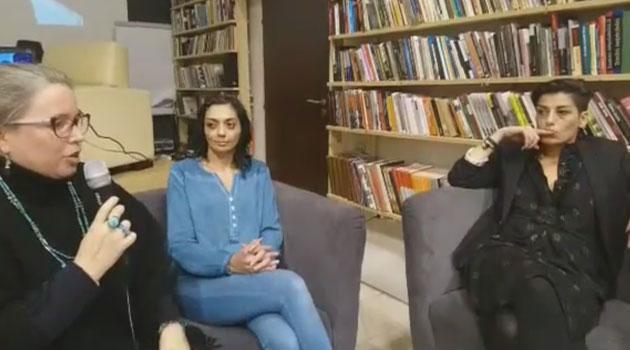Jana Balážová: Not acceptable for teachers to see Romani children as a burden

Members of the human rights community shined a spotlight on the situations faced by Romani children and their parents in Central Europe at a screening of the documentary “Europe: Which Children Matter?” The film was shown at Cinema Galeries in Brussels last month in honor of the International Day for the Elimination of Racial Discrimination.
The film focuses on Romani children who have immigrated to the UK from Central Europe after experiencing segregation in schools in their native countries, where they thrive in an environment that encourages them to be proud of their ethnicity. A school in the Czech Republic that takes a similarly inclusive approach is also highlighted as showing how these countries can resolve this issue.
The screening was presented by the Brussels UN Information Centre in partnership with the UN Human Rights Office as a part of their film screening outreach initiative Cine-ONU, and was followed by a discussion panel featuring with the film’s director, Jenne Magno; Jana Balážová, Policy Officer with the Roma Coordination Unit at DG Justice; Andor Urmos, a Policy Analyst with DG Regio, and Claude Cahn, a Human Rights Officer with the Office for the High Commissioner for Human Rights. The discussion was moderated by Deborah Seward from the UN Regional Information Centre.
In a Facebook interview prior to the screening, Magno explained what motivated her to produce the documentary: “The center of the community is very often the school. We can see not only what the community needs and what they are facing, but how they communicate, and the creative solutions to the problems that they have can very often come through the school.”
Following the screening the panel discussed what is being done in the international community to eliminate racial discrimination against Roma. Jana Balážová commented that the discrimination Roma students and their parents reported being subjected to was not shocking to her.
In her home country, Slovakia, school segregation is well-established and will be challenging to eradicate. She commented that “There is no straightforward solution in Slovakia because … these children … are not only segregated in schools, but also residentially.”
Balážová also challenged Slovakia to acknowledge the extent of the exclusion of Roma children from education. She said she believes the current arrangements cost the country much more than inclusion would.
Andor Urmos added that because the EU is able to quantify the cost of segregation, the exclusion of Roma children has evolved into an economic issue. If Roma children are unable to receive education, then they are eventually unable to join the workforce.
When asked why the issue of Roma segregation still exists in EU Member States in the 21st century, Claude Cahn said the core of the issue of Roma segregation is the persistence of the ideas of the 20th-century eugenics movement, which ascribed notions of inferiority and/or superiority to certain ethnicities that continue to influence the tolerance or rejection of certain communities. Cahn also responded to a question about desegregating education through imposing quotas by saying that “it is much better in the long term to have a deep recognition of the problem of exclusion that everyone can buy into”.
In Cahn’s view, forced integration can only ever be a temporary solution. Communities must instead work together to improve their own education systems so they can become inclusive.
Balážová followed that up by saying that “If teachers really see Roma children as a burden which needs to be put aside, this is the real problem, and this is what is happening, and this is not acceptable.”
“Europe: Which Children Matter” is also now being made available for screening in the Czech Republic through the HateFree network.
